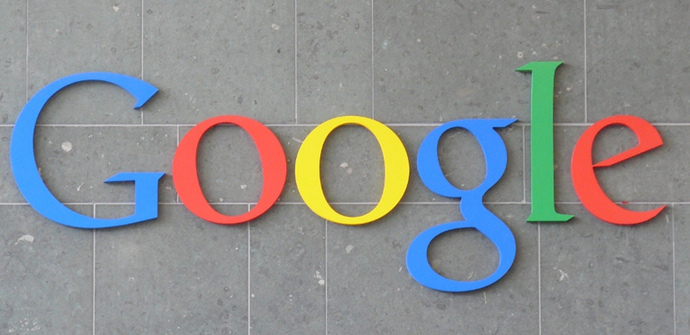Google has serious problems in Europe, just as Microsoft did a decade ago. The European Union could consider that Google has committed a monopoly infringement as far as the search engine and Android are concerned. The decision will be made later this year, but does Google have a chance to get away with it?
Monopoly Finder - Android
Many of us can say that Google is the best search engine on the Internet. But it is also very true that we have tried very few. Among other things, because Google always appeared when we wanted to perform a search. This is not by chance, Google has made sure that its search engine is present in all its products. The problem is that, when one of these products is distributed among the majority of Internet users in the world, they can accuse you of a monopoly. What do we mean? Android is the most widely used mobile operating system in the world. It is distributed by Google. And it turns out that on Android, when smartphones or tablets are certified by Google and Google Apps, the integrated search engine is Google. Hence, in the European Union, Google is considered to be acting in a monopolistic manner. As they have the most distributed operating system in the world, they enter their search engine in it, and gain an advantage over other search engines.
This would not necessarily have to be the case if smartphone manufacturers decided to move from Google, using Android as free as it is, but without its apps like Gmail, the Google Play store and company. The problem is that Google always sidesteps these companies, which end up quitting. That is why it seemed so relevant to us that Cyanogen fought for an Android without Google. What seemed clear is that at some point he was going to encounter monopoly charges. In the United States they were not going to be so critical of a company that is also American. But the same is not the case in Europe.

Does Google have a chance to get away with it?
Ioannis Lianos, professor of global competition law at University College London, wanted to talk about the possibilities that Google has for the future. Already a decade ago Microsoft faced something similar, with its Internet Explorer and Windows browsers. Internet Explorer was the main browser on all Windows computers. The European Union went for Microsoft at the time, and the truth is that this investigation is very similar to that of the Redmond company at the time. Specifically, there is talk of a five-year investigation. The professor affirms that if “they are advancing with formal positions after five years of investigation, it is that they have a very clear vision of the case. This means that the European Union does not want to close the case, but rather they want to make an infringement decision. '
Once the formal charges have been filed, Google has 3 months to respond and request a hearing, although in any case the decision will be made at the end of the year. The worst thing for the company is that it could face fines of up to six billion dollars, as well as changes in its policy of action with respect to Android and the search engine.